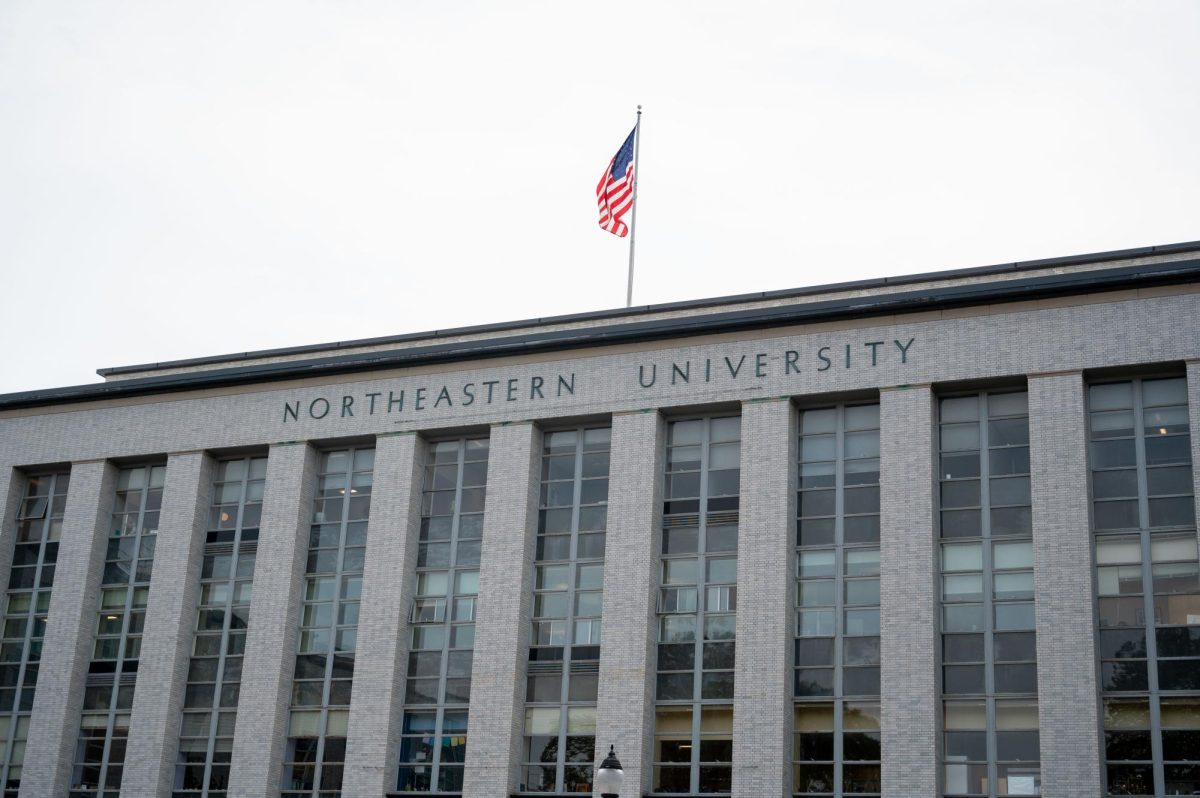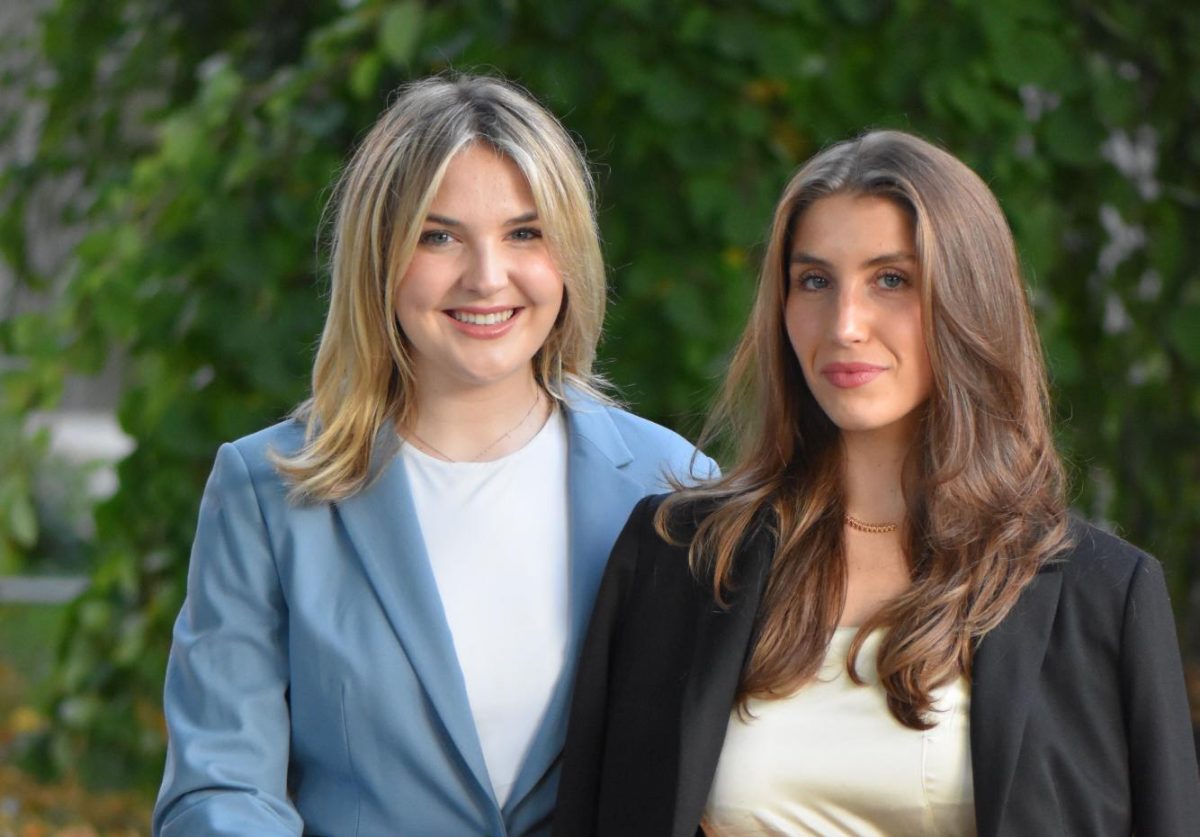Technology is increasingly becoming a part of the music industry. Everyday, more MP3s become available on the Internet, with the debate continuing over online file sharing. The Northeastern News spoke with Paul Mobilio, a sophomore computer engineering major, about his musical tastes, the new ways to share files and the future of digital music.
The Northeastern News: What kind of music do you listen to?
Paul Mobilio: hip-hop and rap, a little jazz and some other things.
The News: Who are some of your favorite artists?
Mobilio: Outkast, Ludacris, 50 Cent, Wyclef Jean, Tupac, DMX, Tower of Power.
The News: How do you get most of your new music? Do you download it or buy?
Mobilio: The last time I bought a CD was last week, actually, but only as a gift. Before then, it has been a year or more since I last bought an album, so it is usually downloaded.
The News: Where do you download from?
Mobilio: The Fasttrack network.
The News: What’s the Fasttrack network?
Mobilio: Basically it’s like Kazaa.
The News: Is it for all operating systems?
Mobilio: Well, it’s just a network, but there are clients for all operating systems that connect to the network. For example, on Mac OS X the client is called Poisoned, but on Windows it would be Kazaa or KazaaLite, or there are others.
The News: Is it similar to the Gnutella Network?
Mobilio: Correct. Morpheus used to be on the Fasttrack, now they switched over to Gnutella because Fasttrack wouldn’t let them.
The News: Morpheus being another client?
Mobilio: Yup, for Windows OS.
The News: What do you think about file-sharing?
Mobilio: Well, legal file sharing does exist. For example, I lost a record I once owned and I believe it is legal, as long as you own it, to download the MP3’s, or if I have the CD in one location and the music file elsewhere. However, I would say 98 percent of mine and other people’s file sharing is illegal if not more. I also think it is important to support the band. Maybe later in life then I can afford to, I will.
The News: Are you concerned about the RIAA suing people?
Mobilio: I am personally not concerned, however, I am aware of it happening and am careful not to spend too long on file sharing programs and not share media.
The News: But do you feel bad that you’re not sharing as well?
Mobilio: Well in a sense yes, because if no one shared then there would be no file sharing to download. So where it’s safe, stay on the local networks. I do try to share, but over the Internet I try not to share because my not sharing isn’t affecting other people.
The News: Do you think they will ever shut down file sharing networks?
Mobilio: Peer to Peer networks won’t be stopped for as long as the Internet exists.
The News: Do you think file-sharing has been good or bad for music?
Mobilio: I think it goes both ways, when it first happened, like in the early days of Napster, I was exposed to much more music and I actually did go out and buy some CDs that I knew were good because I heard a few tracks. However, now technology has improved and perfect digital copies are more widely available if you know where to look. So, right now I think it is hurting the music industry as a whole, but for music in general I think file sharing has definitely exposed a lot of people to a lot of different types of music, and musicians have a much wider reach.










